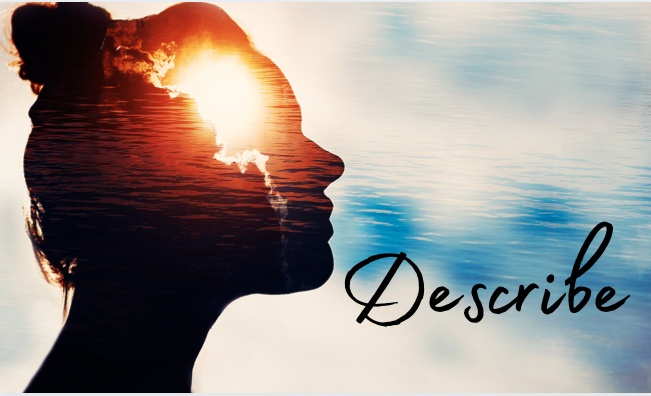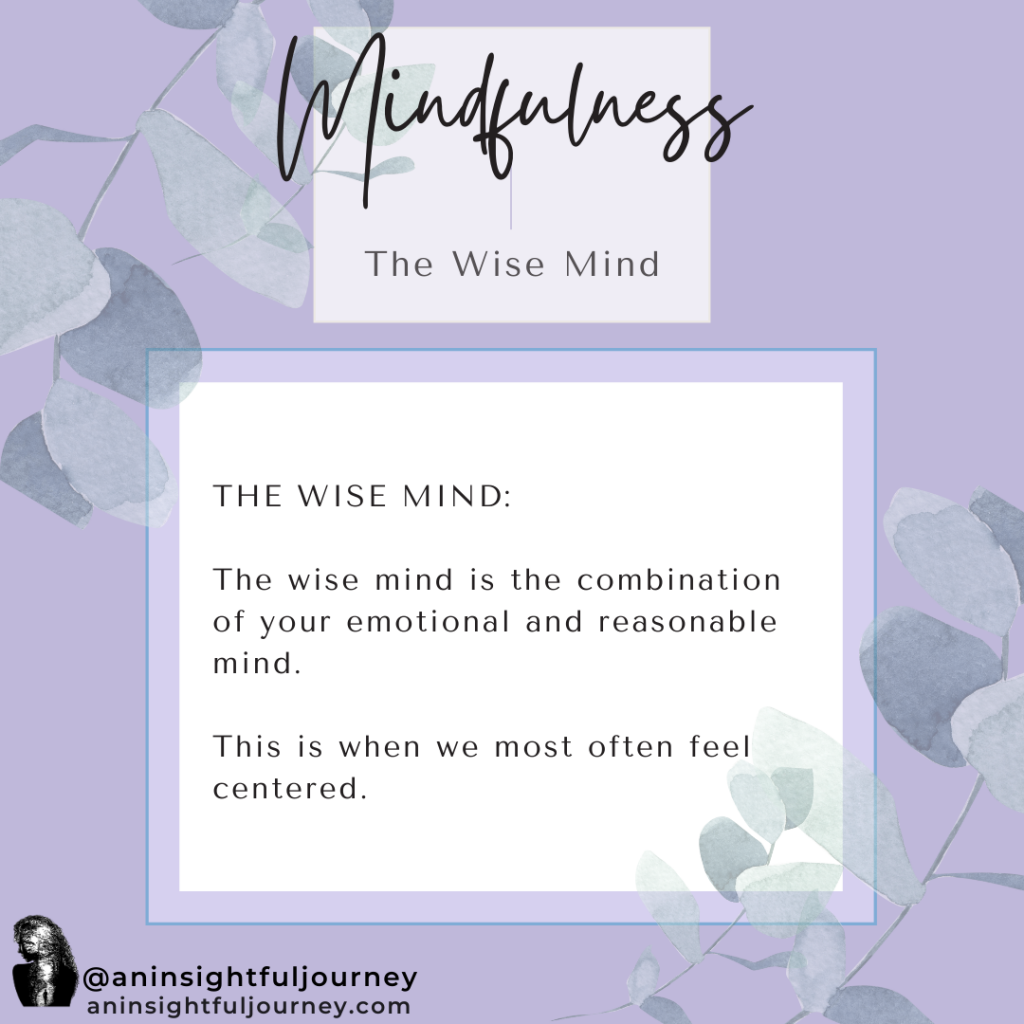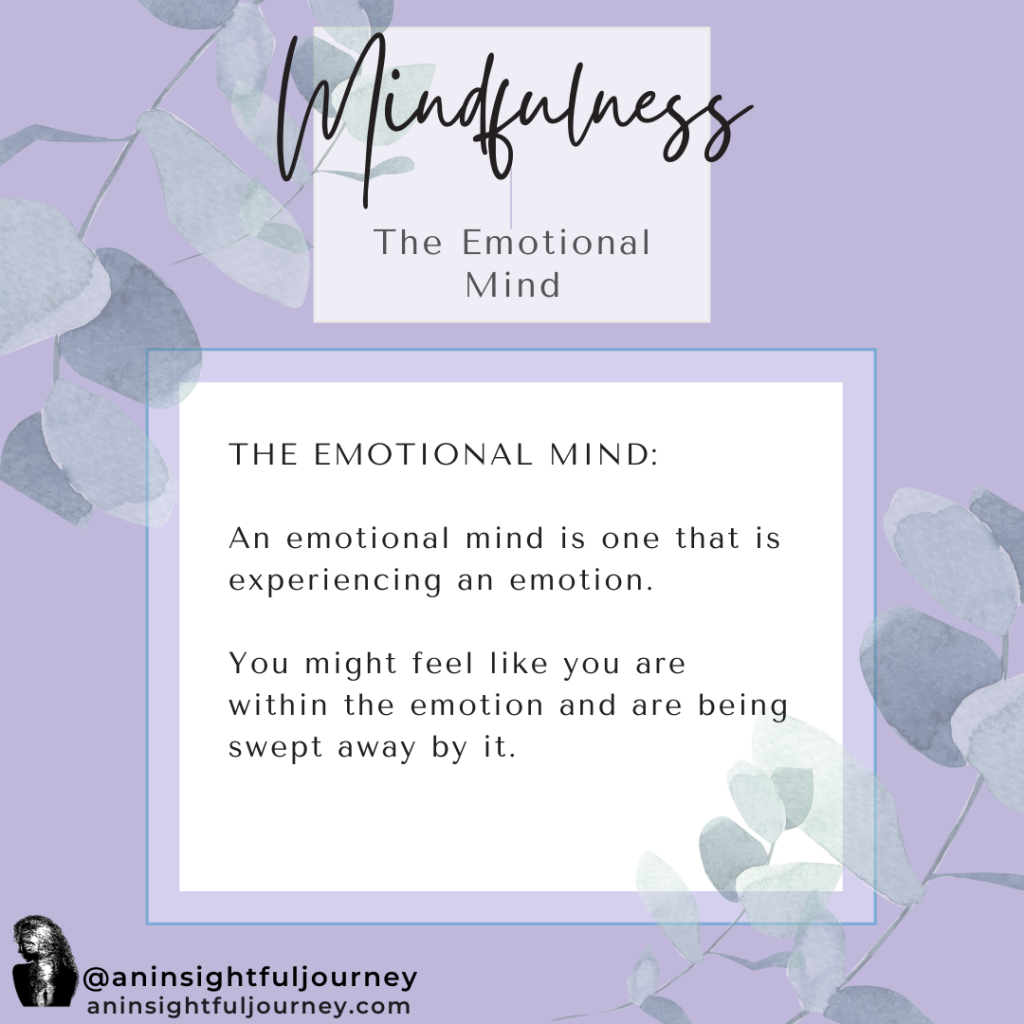
The “WHAT” skills of mindfulness are an excellent skillset to implement into your daily life. They include Observe, Describe, and Participate.

The skill of observing requires an individual to look—with an open mind. Observation is the foundation for many other skills related to mental health. However, it is easy to overlook moments because we tend to lose ourselves in our thoughts or emotions. In some circumstances, we may choose not to look with an open mind.
If we are taking the time to observe, we are exhibiting real courage and strength. It is critical to observe without attachment, pursuit, modification, or avoidance. Most importantly, this skill is best when used with no judgment.
This skill is beneficial for noticing our emotions, thoughts, sensations, and the world around us.
Prompts for implementing this skill
What do I hear?
What do I see?
What do I smell and taste?
What am I touching?
Moments are always changing, which means this skill is reasonable time and time again. This skill helps us to reduce our suffering— to be vigilant of where we are at the moment.
Where am I right now?; What is going on?; What am I thinking, feeling, and doing?
Asking these key questions and identifying the moment we are in allows us to have the ability to reduce our suffering by making informed choices. Mastering the skill of mindfulness takes persistent practice, I encourage you to use this skill as much as possible.

The skill of describing requires an individual to come up with words for their experiences. We are labeling an experience objectively— a thought, a feeling, a sensation— nothing more and nothing less. When describing an experience, there is little room for analysis because most analyses are unproductive.
Note: if you are having an experience where analyzing it can be beneficial. Remember, it will only benefit you if it is a mindful analysis that does not allow your experience to become more than a thought, feeling, or sensation.
The combination of the observe and describe skill allows an individual to be in the moment without being completely lost in thought, feeling, or sensation and identifying with it. This distinction is critical for ensuring that we do not believe what a thought, feeling, or sensation is telling us. This level of consciousness will allow for the awareness needed to make an informed choice about dealing with your experience or changing it.

The skill of participating requires an individual to be in the moment—the now. Participating is the ability to quiet the mind enough to be present from moment to moment.
This skill allows us to get relief from our mind, and the infinitely more complex and complicated abilities it has to exacerbate an experience— the best quality of the present is simplicity. When we are present moment to moment, that typically means things are just as they appear in front of us.
Source: KP IOP









